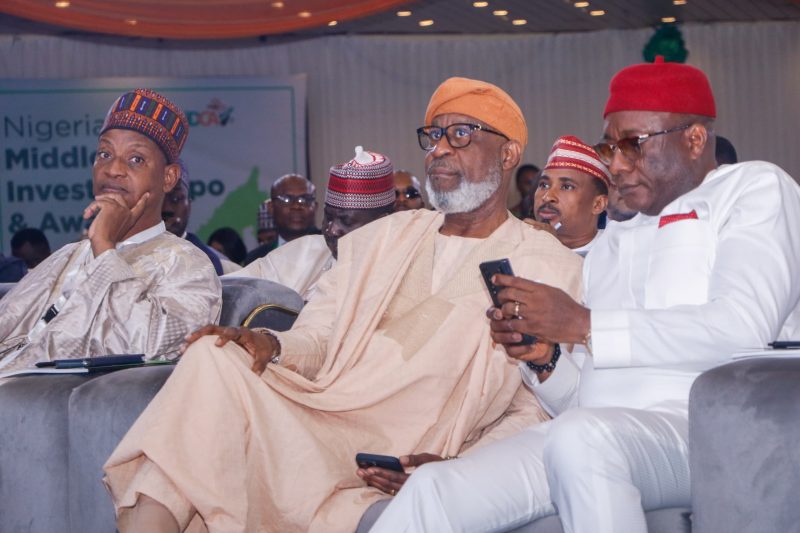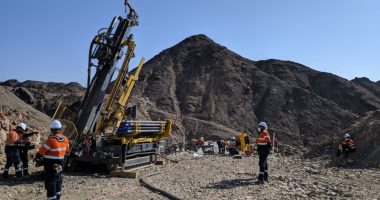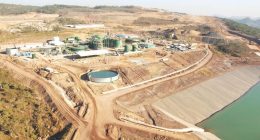The Nigerian government has implemented significant reforms to attract more investment into its mining industry, offering a range of incentives to appeal to both local and foreign investors. Key reforms include granting foreign investors 100% ownership of mineral assets, providing tax holidays of up to five years for new mining projects, and exempting mining equipment from import duties. These initiatives aim to create a more investor-friendly environment, encouraging global participants to engage with the Nigerian mining sector.
One of the most notable efforts is the establishment of the $500 million Solid Minerals Development Fund. This fund is designed to support the growth and modernisation of the mining industry, offering low-interest loans to both domestic and international mining companies. Small and medium-sized enterprises (SMEs), particularly those in artisanal mining, are expected to benefit from these financial supports, fostering more local industry participation.

To reduce operational costs and improve efficiency, the government is focusing on infrastructure development, including the enhancement of transport networks, rail systems, and electricity supply to mining sites. The goal is to develop local processing facilities, which will reduce the need for exporting raw minerals and boost domestic value addition. This effort includes the creation of value chains that can further enhance the profitability of mining ventures within Nigeria.
These reforms and incentives have significantly reduced the risks associated with investing in Nigeria’s mining sector. As a result, Nigeria has become an increasingly attractive destination for both large-scale mining operations and smaller exploratory projects. Investors who leverage these opportunities are well-positioned to benefit from the expanding industry and the rising global demand for industrial minerals.













